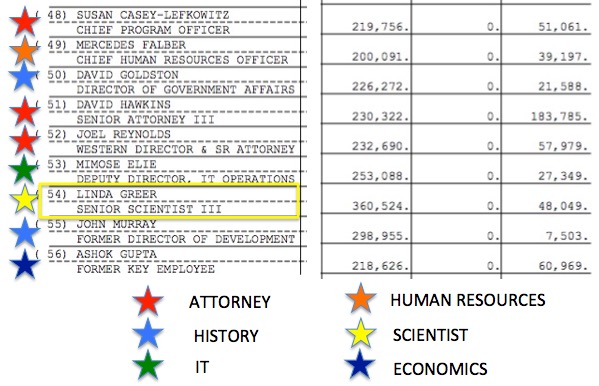If you want to look for the day when chemophobia - an irrational fear of harmless trace chemicals - came into being, September 6th, 1958 has to be in the running.
On that day, the Food Additives Amendment of 1958, a modification of the United States' Food, Drugs, and Cosmetic Act of 1938, went into force. It was called the Delaney Clause, after Congressman James Delaney of New York, who pushed for it due to reasons that remain unclear (1). Prior to the modification, the United States'...

